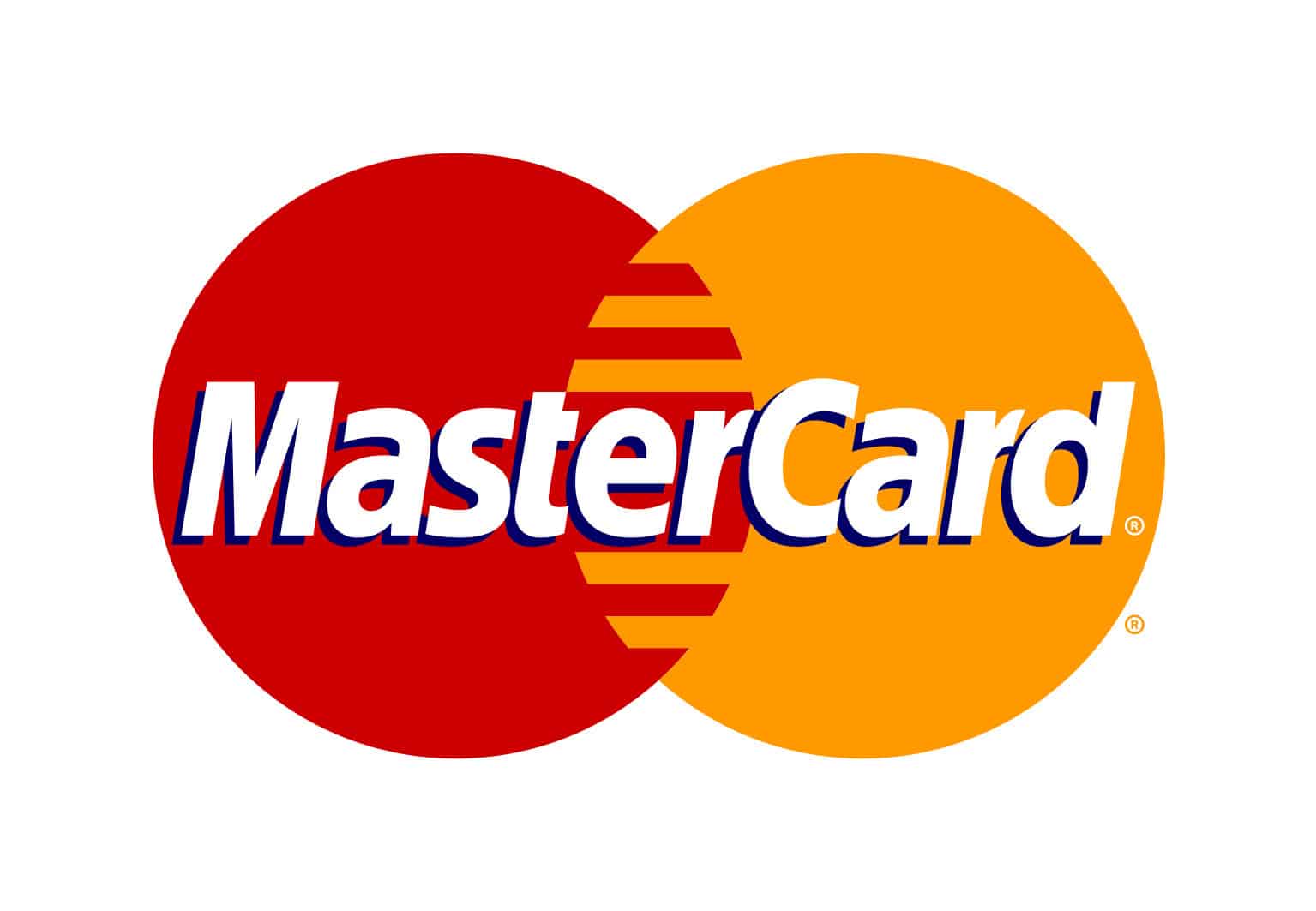Mastercard faces a £19bn lawsuit for imposing “anti-competitive” charges on British consumers.
It is one of the first class action lawsuits in the UK since the Consumer Rights Act of 2015 was introduced, allowing class action lawsuits to be brought in competition cases.
MasterCard allegedly infringed EU laws by imposing charges called “interchange” fees on the use of its debit and credit cards.

The fees have been called “illegal” and “anti-competitive”.
Walter Merricks, the consumer representative spearheading the claim, says all British consumers, not just MasterCard holders, have lost money as a result.
Merricks was quoted by the MailOnline as saying:
‘The prices of everything we all bought from 1992 to 2008 were higher than they should have been as a result of the unlawful conduct of MasterCard.
“To be clear, there is no question that MasterCard acted illegally in the way it conducted its business, a business that affects all of us. All of us overpaid to the tune of up to £19billion during a period lasting 16 years.
“Most of us did not know this, experts who study the retail economy knew it was happening – and so did MasterCard.
“My aim is to get the redress to which UK consumers are entitled and to ensure that MasterCard cannot hold on to the illegal profits it made. This case should send a signal to companies that break competition laws at the expense of UK consumers that they do so at their financial peril.”
In a statement, MasterCard said it “firmly disagrees with the basis of this legal claim”.
The company added: “MasterCard is committed to providing ever more convenient, safe and secure payments to all our customers, including consumers, retailers, governments and banks.”
The law firm Quinn Emanuel is leading the case.
Boris Bronfentrinker, partner at Quinn Emanuel, told the Financial Times: “This is precisely the type of claim for which the new collective action regime was established. This is a landmark case where unlawful anticompetitive conduct has harmed UK consumers.”
